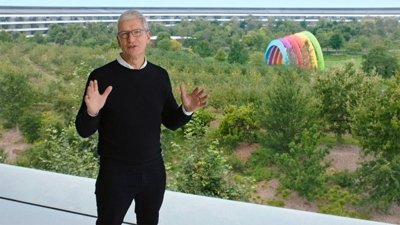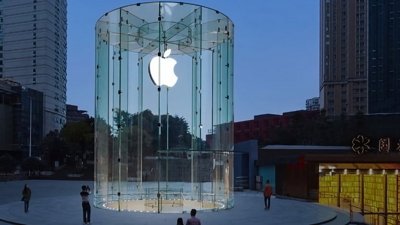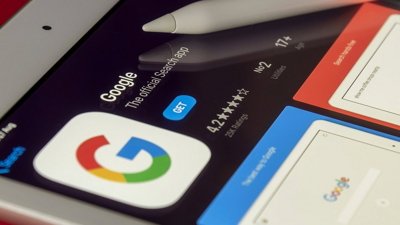Tim Cook is a private man whose accomplishments and philanthropy are centered around the company's desire to "leave the planet better than we found it." Cook's stance on privacy, security, and user safety echos Apple's ethos and has often lead to government agitation over these issues.
Time 100 list
Tim Cook was included in the Time 100 list for the most influential people of 2022. This is his first appearance in the list since 2015. Laurene Powell Jobs wrote Cook's profile for the piece, and Cook was on one of the cover variants of the publication.
"The intense pressure of setting and executing Apple's progression with deep precision, and of taking responsibility for the company's effects on society, is almost unimaginable," Laurene Powell Jobs wrote. "Yet Tim does it with compassion and discipline, turning to nature to replenish his spirit."
Tim Cook in public
As Apple's CEO, Tim Cook spends a lot of time speaking publicly. Whether it's national news or a simple tweet, Cook's words have power as the CEO of the world's richest tech company.
The following are snippets of public comments made by Cook or events he attended to provide an overview of how he presents himself and his goals to the public.
2023
As far as public appearances go, 2023 was a standard year for Tim Cook. He made several trips overseas to meet with world leaders in China, India, and other important locations for Apple's business.
Apple Vision Pro was introduced during WWDC and Cook was often heard sharing that spatial computing was the future. As the year came to a close and everyone was discussing artificial intelligence, the conversation shifted.
Going into 2024, Tim Cook is talking about Apple's next big step in computing, and it could be more impactful than Apple Vision Pro — Apple AI.
2022
Cook spent a lot more time in public venues in 2022 than in the previous few years since coronavirus concerns were reduced. While he didn't say much outside of his usual prepared remarks about Apple, he did attend some particularly unique venues.
Aside from Cook's usual appearances during WWDC and other Apple events, he was seen in several other high-profile locations like concerts and government offices. The usual "world tour" type of travel also resumed in 2022.
Cook attended the Grand Prix in October, an Adele concert in November, and toured Japan in December. While COVID-19 is still a threat, concerns were reduced in 2022 thanks to widespread vaccines and testing — allowing such public appearances by the tech CEO.
He was also the guest of honor at the sixth-annual FIRST Inspire Gala in November to celebrate and comment on STEM education, plus raise funding to support the nonprofit's mission. In a speech at that event, Cook called education the great equalizer.
2021
"2020 was Apple's top year of innovation ever"
Tim Cook spoke with a senior college student in Beijing, He Shijie. When asked about how Apple deals with the stresses of coming up with new products every year, Cook said that diversity leads to innovation.
"There's no one formula for innovation," Cook said. "What we do is we have a culture of creativity and a culture of collaboration. These two things together, when they intersect, create enormous innovation."
"We must unite against racism in all its forms"
After increasing violence against Asian Americans due to racist rhetoric blaming them for the coronavirus, Cook shared a Tweet on the matter.
"The rising violence against the Asian community is a painful & urgent reminder that we must unite against racism in all its forms. There is no place for hate in our society. The team at Apple stands together & we will be donating to groups providing support to those affected."
"Privacy is one of the top issues of the century"
During an interview, Cook shared his feelings on user privacy and how it compares to other crises that humans face. "We've got climate change — that is huge. We've got privacy — that is huge ... and they should be weighted like that and we should put our deep thinking into that and decide how we can make these things better and how do we leave something for the next generation that is a lot better than the current situation."
2020
"Users should have the choice over the data that is being collected"
Facebook says App Tracking Transparency will cause irrevocable damage to the internet, and specifically its ad-based business model.
Cook shared the above image in a tweet that read: "We believe users should have the choice over the data that is being collected about them and how it’s used. Facebook can continue to track users across apps and websites as before, App Tracking Transparency in iOS 14 will just require that they ask for your permission first."
"Carbon-neutral economy"
During the United Nations Climate Ambition Summit, Cook said that everyone has a particular burden to act on the environment.
"The choice between the bottom line and the future of our planet is a false one, and each new green innovation offers the proof," Cook said. He then declared "this is no time for changes of the margins," and that together the group can "transition to a carbon-neutral economy and usher in a new era of inclusive opportunity.
"Big companies deserve scrutiny"
During an interview, Tim Cook was asked about climate change and how catastrophic events like the California wildfires can change opinions on the matter.
"I think the sum total of all of these — the wildfires in the west that's essentially burning millions of acres in the west, the hurricanes in the south in my hometown, the flooding that's taken place in the northeast and the mid-Atlantic region — all of these together, I do believe, will convince the people that are not currently convinced about climate change," Cook said.
Tim Cook's history at Apple
As Chief Executive Officer, Tim Cook is the face of Apple and the executive team. However, his gigantic impact on the company goes back long before he replaced Steve Jobs in 2011.
Jobs recruited him in 1998 from Compaq, where he had been vice president for corporate materials for less than a year. Before that, Cook had been at IBM for over a decade, and at that time, it would've seemed peculiar to leave the PC world to join Apple. The rivalry between IBM, plus its clone makers like Compaq, and Apple may have quietened down, but it was chiefly because Apple was failing.
Apple was in such a poor state that even Cook says that "any purely rational consideration" meant he should stay with Compaq. Yet for all its success, Compaq made clone PCs so superficially it was no different from any other commodity computer manufacturer.
Joining Apple
"I was never going to find my purpose working someplace without a clear sense of purpose of its own," said Cook in a 2017 commencement speech. "I tried meditation. I sought guidance and religion. I read great philosophers and authors. In a moment of youthful indiscretion, I might even have experimented with a Windows PC. And obviously, that didn't work."
Cook says that within minutes of being interviewed by Steve Jobs, he knew he wanted to join the company – and specifically that he wanted to help resurrect Apple.
Steve Jobs had begun the turnaround of Apple when he rejoined in 1996. Famously, it was the iMac that began the climb back from the brink of bankruptcy. That visibility of the Jony Ive design team's work was crucial, yet the comparatively invisible role Cook took was at least as important. This was despite his not being seen as a "product person" consumed with design issues.
It would also have been unpopular, as it was by Cook's choice that Apple closed factories and shuttered warehouses. Instead, Apple outsourced manufacturing and began the same well-controlled production that it has to this day. Where previously Apple had made computers that would sit in warehouses for months before being sold, Cook got those months down to days.
He wasn't the only person to see the benefit of this. Before Cook joined Apple, PC maker Dell had pursued the same model with the logic that having few computers in warehouses meant the ability to adapt.
"If I've got 11 days of inventory and my competitor has 80," said Michael Dell, "and Intel comes out with a new 450 megahertz chip, that means I'm going to get to market 69 days sooner."
Dell already had a comparatively streamlined production process because it built to order. Apple had to change a massive operation into one that should never again be caught out with too much unsold stock.
Investing smartly
Equally as important as managing a stockpile-preventing process was Apple's need to predict sales. We're now familiar with Apple selling out of devices on launch day, and that is as much about the benefit of advertising its success as it is saying the predictions failed.
Nonetheless, that prediction of demand is treated so seriously that there is an entire department at Apple that works on it. The current head of retail, Deirdre O'Brien, was instrumental in demand prediction for much of her three decades at Apple.
It isn't just about guessing how many 5G iPhones will be sold, it's about knowing what technology Apple will need – and when.
Under Tim Cook, and with the benefit of greater financial stability, Apple would take the unusual step of making very long-term investments in technology such as flash memory. Getting that right meant not only that Apple would have the supplies that it was going to need in its iPods and iPhone, but that other companies would not.
Consequently, Cook's work in streamlining and growing Apple became very well known in the industry, but it wasn't until 2009 that he really became anything of a public figure.
Tim Cook becomes CEO
In that year, he acted as overall CEO in the first of what would be three health-related absences by Steve Jobs. While Jobs continued to make decisions for the company, Cook actually ran it.
Shortly before Jobs's death in 2011 – and at the Apple co-founder's suggestion – Cook was formally made CEO of the company.
This made him the seventh Apple CEO, and he's been in the position for nearly 10 years. John Scully lasted for 10 years as CEO and Steve Jobs had the title for 14. It's still the case that Sculley ultimately had the most detrimental effect on Apple, and that Jobs had the most visibly successful. But Cook's tenure has seen the CEO role change more than ever.
He's taken time to recruit some key people, such as Angela Ahrendts, who ran Apple retail for five years. He's also reportedly been swift to cut people when needed.
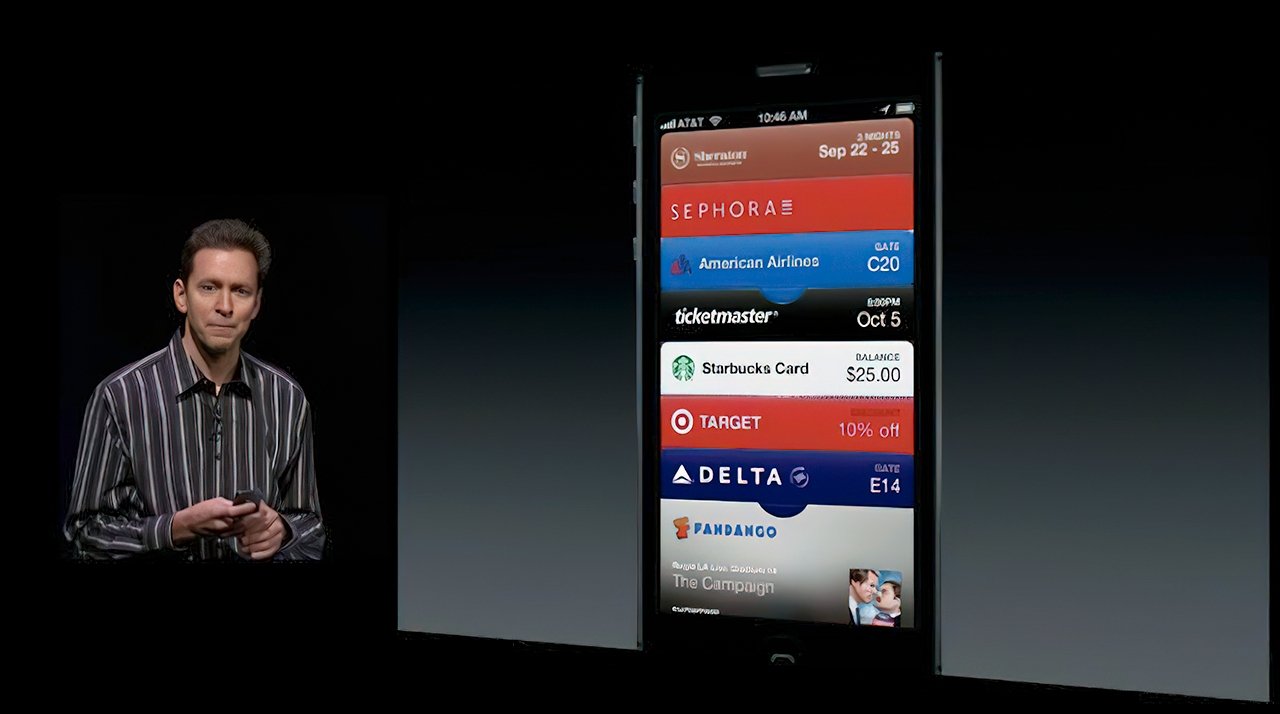 Scott Forstall was reportedly forced out of Apple over refusing to sign an apology about Apple Maps' failings
Scott Forstall was reportedly forced out of Apple over refusing to sign an apology about Apple Maps' failingsBoth as an individual and as CEO, Cook has been far more outspoken on social issues than any of his predecessors. Where Jobs may perhaps have cultivated the public perception of him as the face of Apple, Cook has directly presented himself as such over issues ranging from privacy and security to sexuality.
Personal life
In 2014, Cook came out as gay specifically to use his position to help others.
"[If] hearing that the CEO of Apple is gay can help someone struggling to come to terms with who he or she is, or bring comfort to anyone who feels alone, or inspire people to insist on their equality," he said, "then it’s worth the trade-off with my own privacy."
More recently, Cook has seen criticism over Apple's resistance to providing backdoor access to iPhones for the FBI, and for how he failed to factually correct President Trump during a joint press conference.
However, whether one disagrees with Cook or not, the former resistance is in line with his and Apple's stated position about protecting our privacy. And the latter is a shrewd politician who knows very well what battles like DACA are ones he cares about.
More than Steve Jobs ever did, Tim Cook now also speaks publicly about issues where technology intersects with issues of politics and especially privacy.
Philanthropy
While Cook is more visibly engaged with social and security debates, he does continue to remain a particularly private individual. For all that he is instantly recognizable, he's still very much the face of Apple instead of a celebrity in his own right.
So, for instance, it's chiefly only through required financial disclosures that we learn of how Cook regularly donates significant sums of money to charities.
That's part of a plan where Cook reportedly intends to fund his nephew's education and donate the rest of his money to charity.
Investments outside Apple
Unsurprisingly, Cook concentrates his efforts and attention nearly exclusively on Apple, or on issues where the company plays a part. He does, however, regularly work out at a gym.
It was a chance use of a prototype shower head there that prompted him to make his only known personal investment. In 2015, he invested money in the shower company Nebia and reportedly takes an active interest in advising the firm, too.
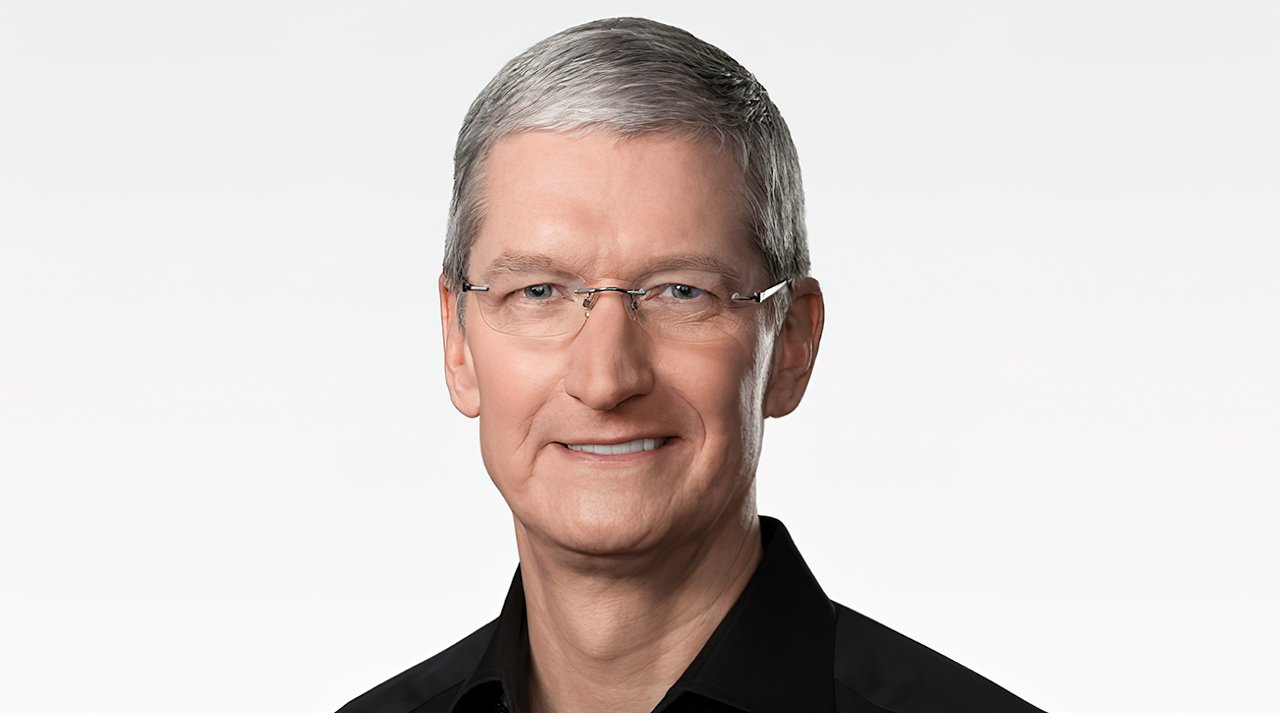
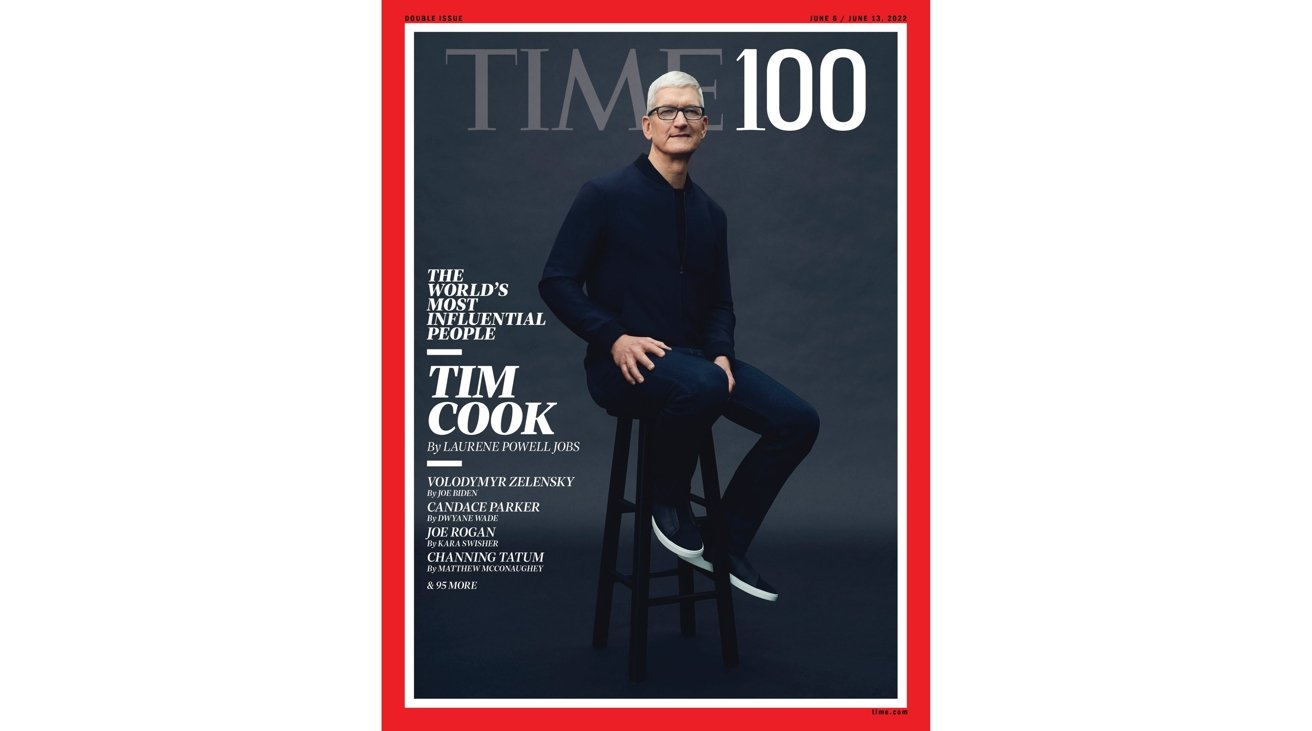

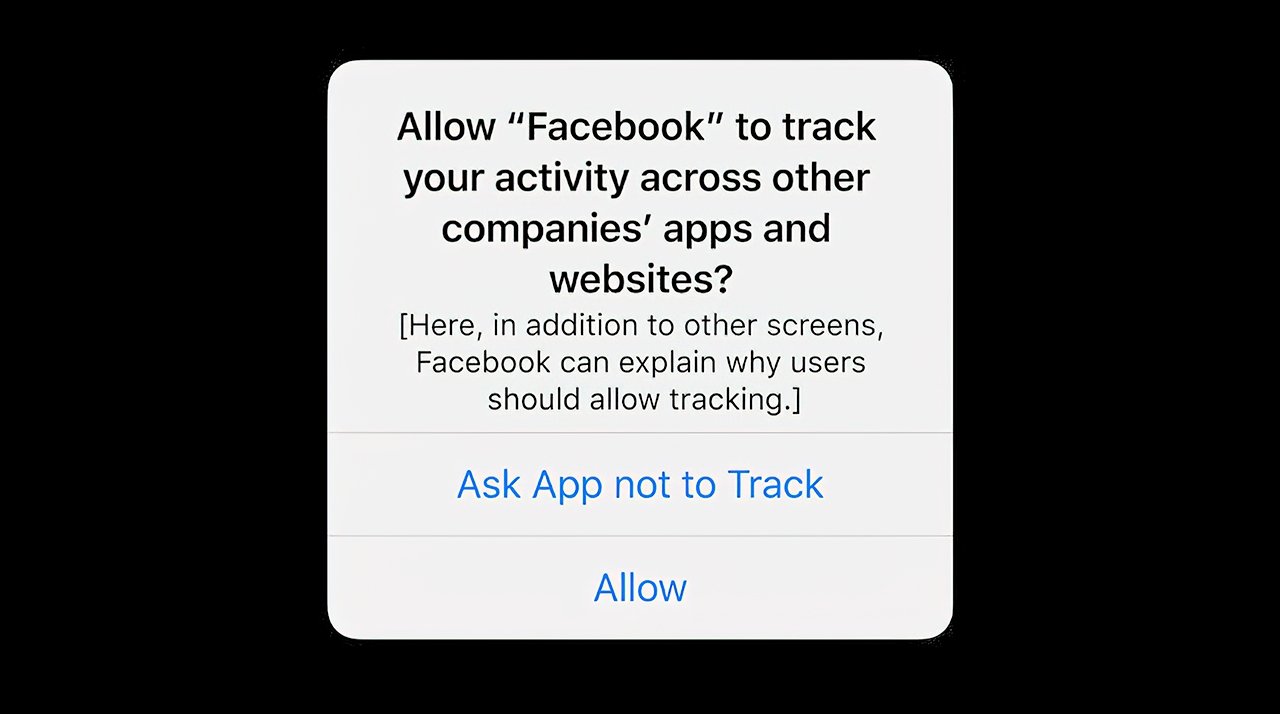
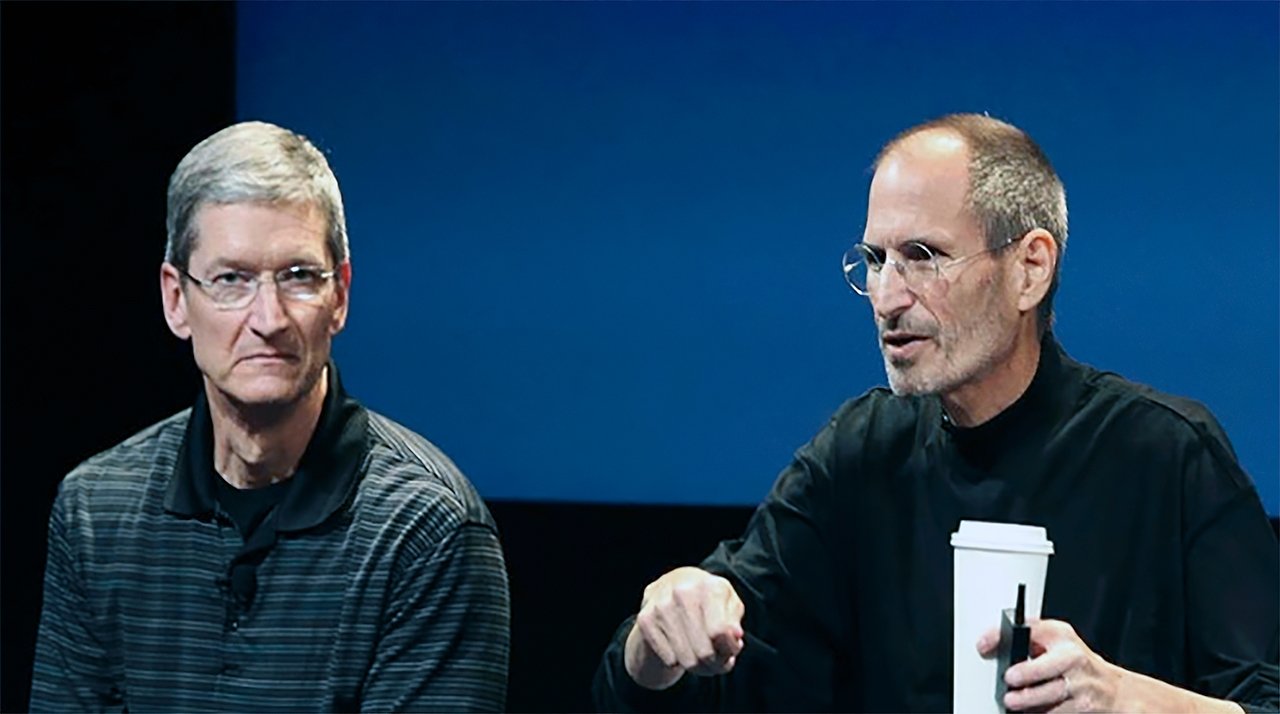
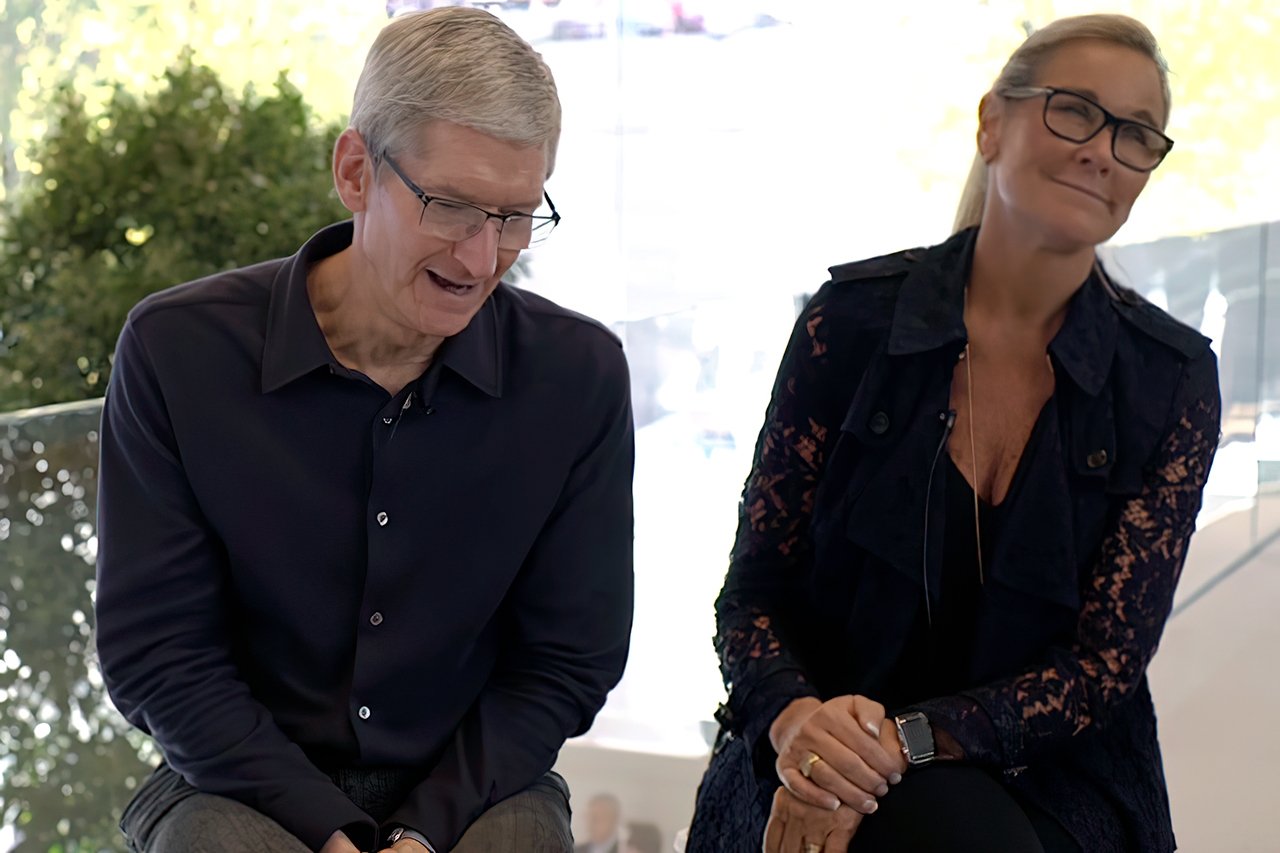

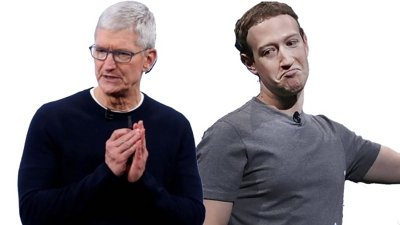
 William Gallagher
William Gallagher
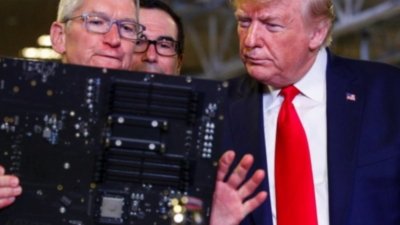
 Mike Wuerthele
Mike Wuerthele

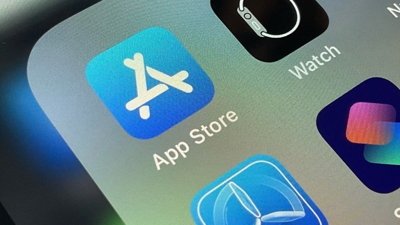
 Marko Zivkovic
Marko Zivkovic